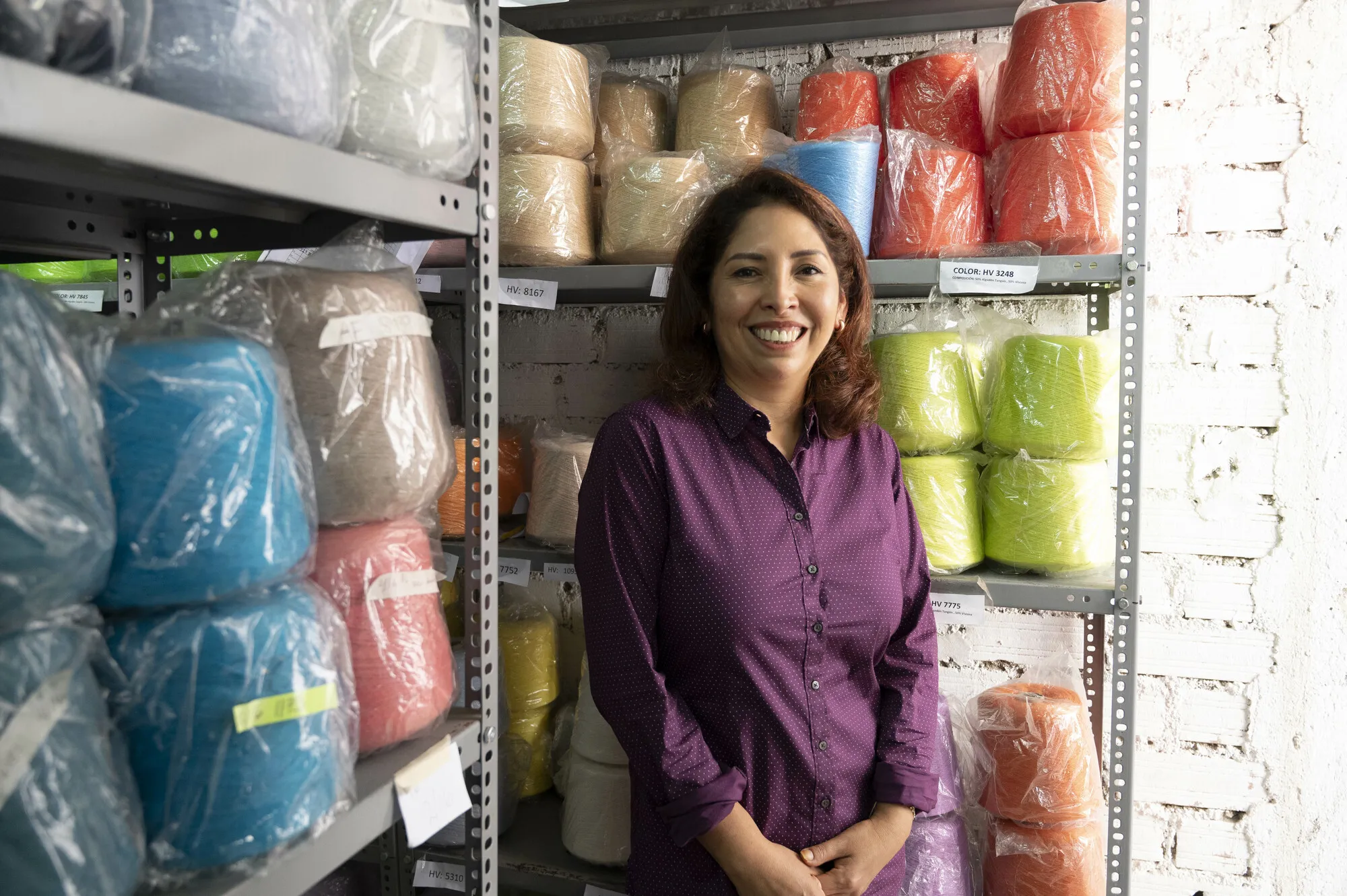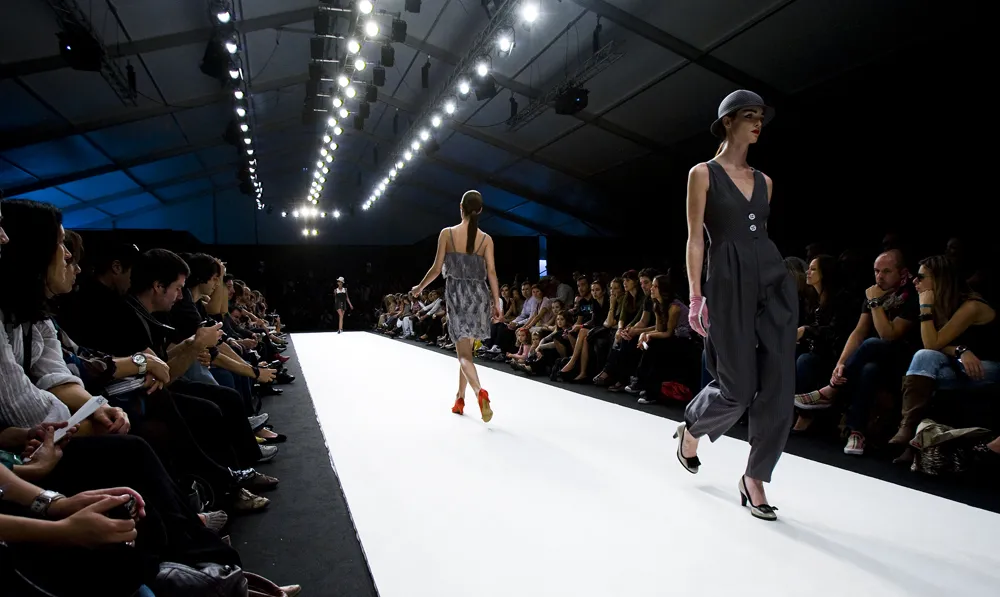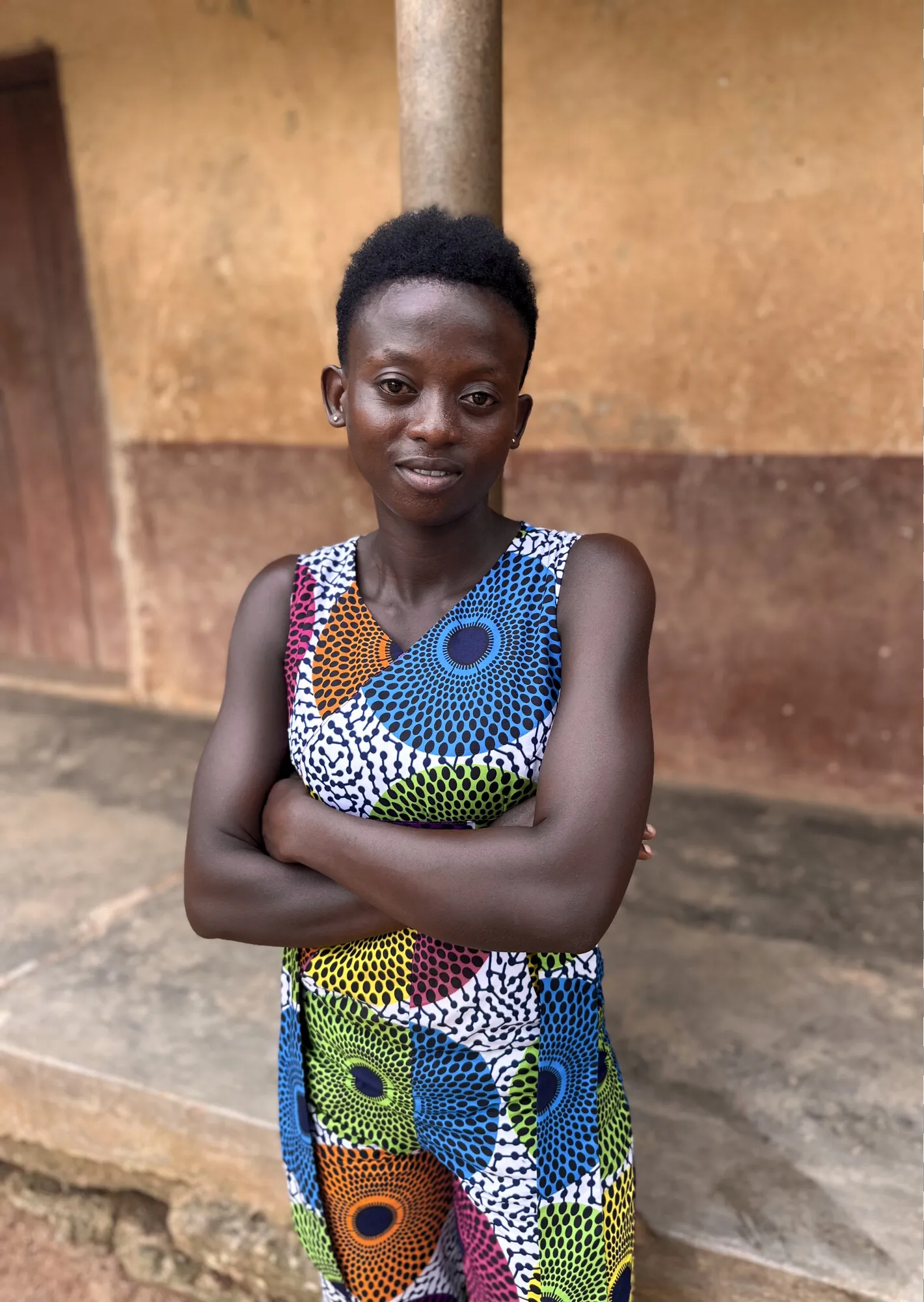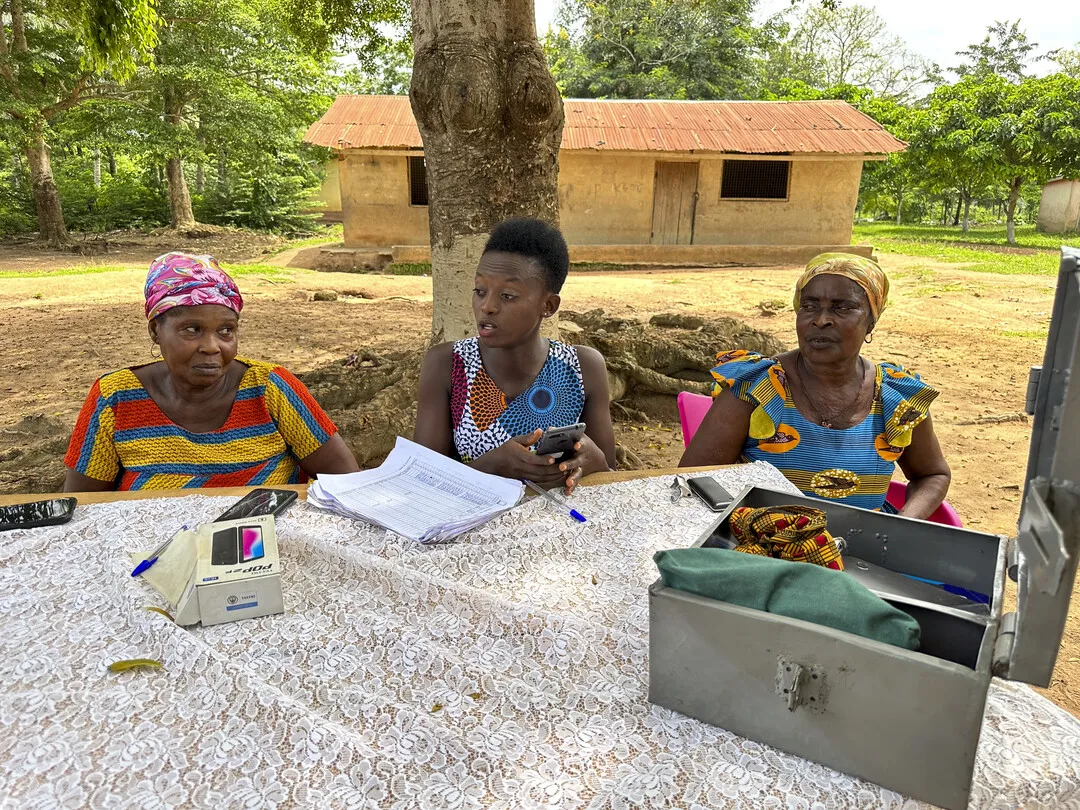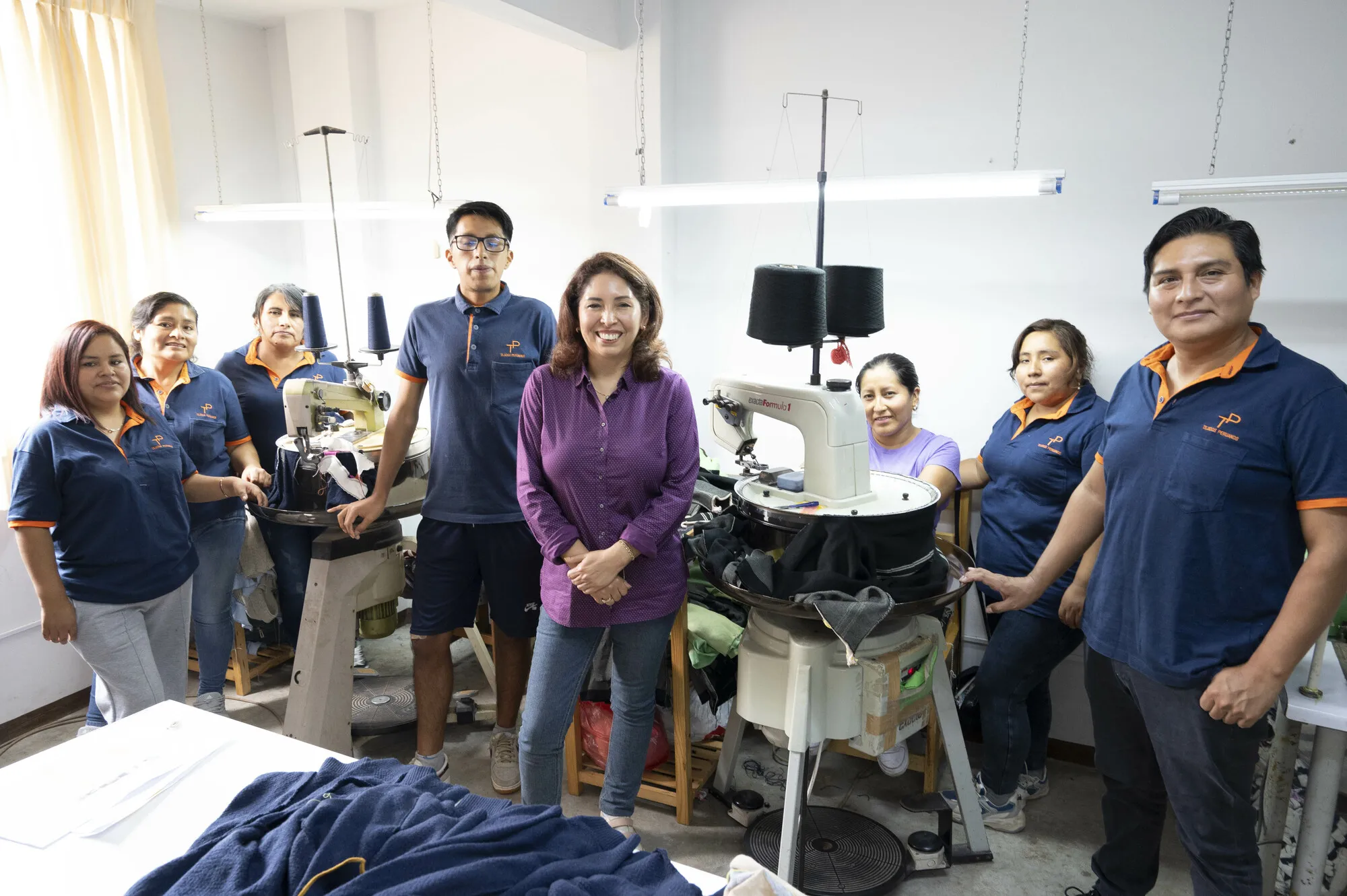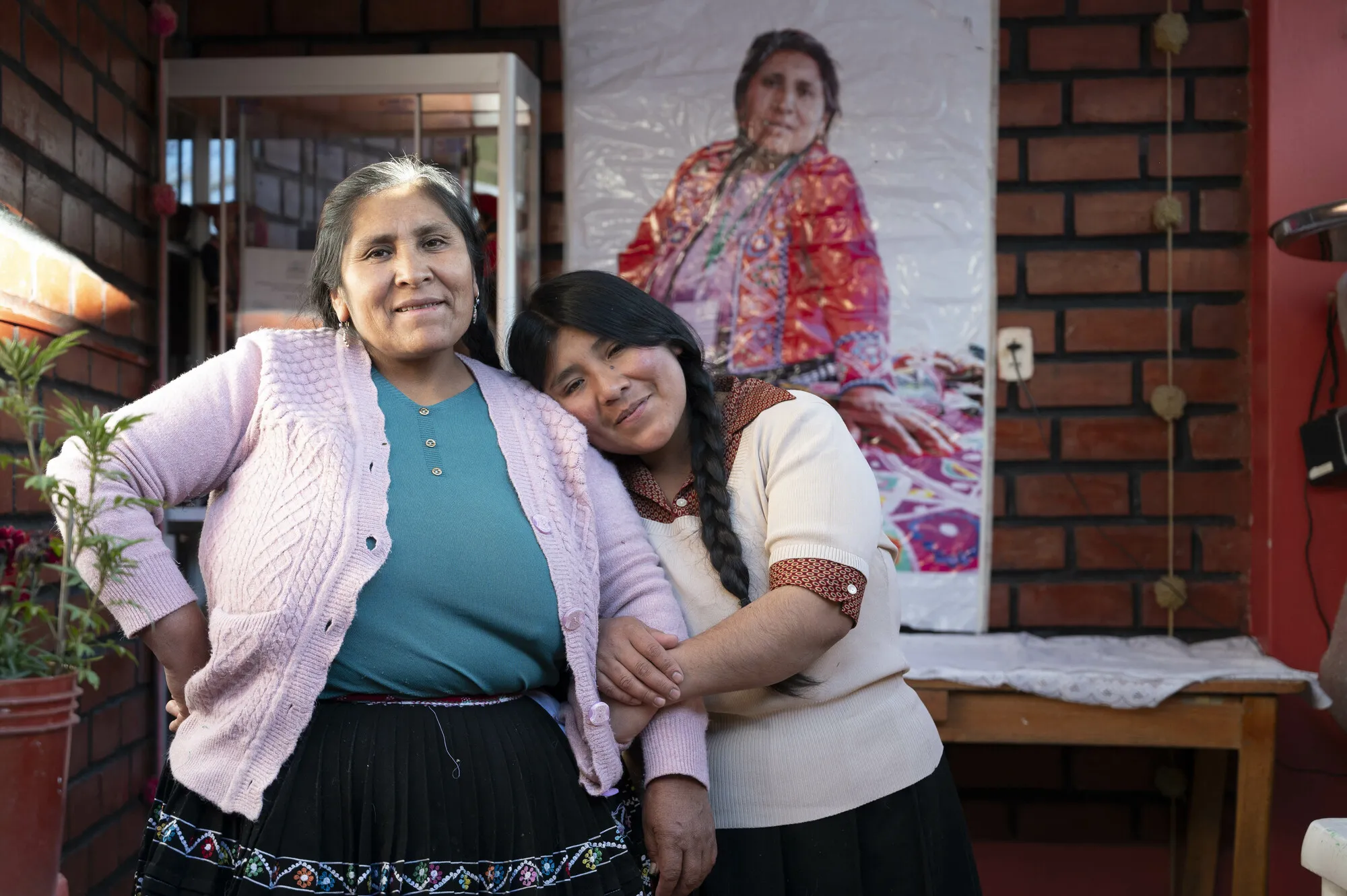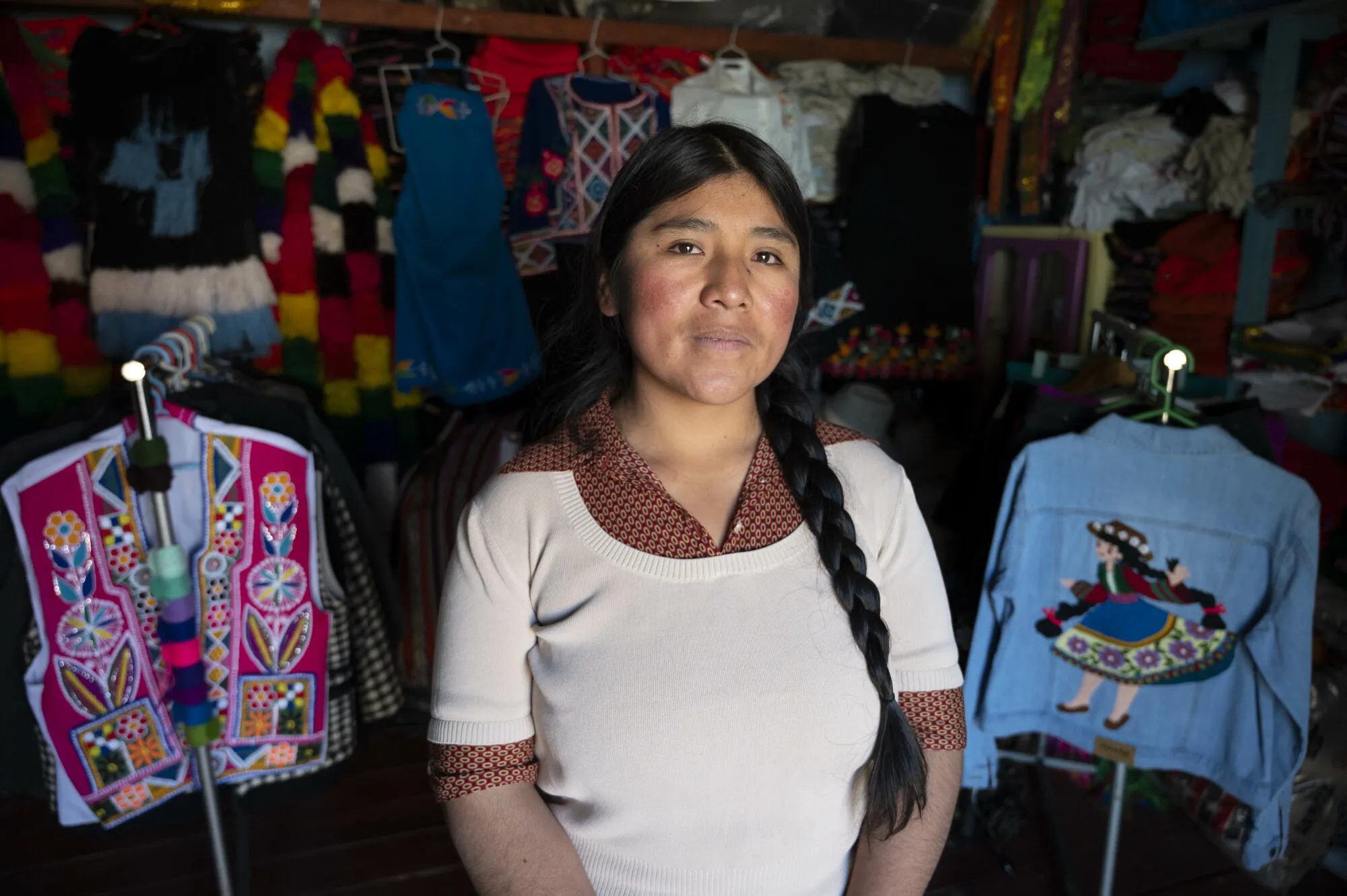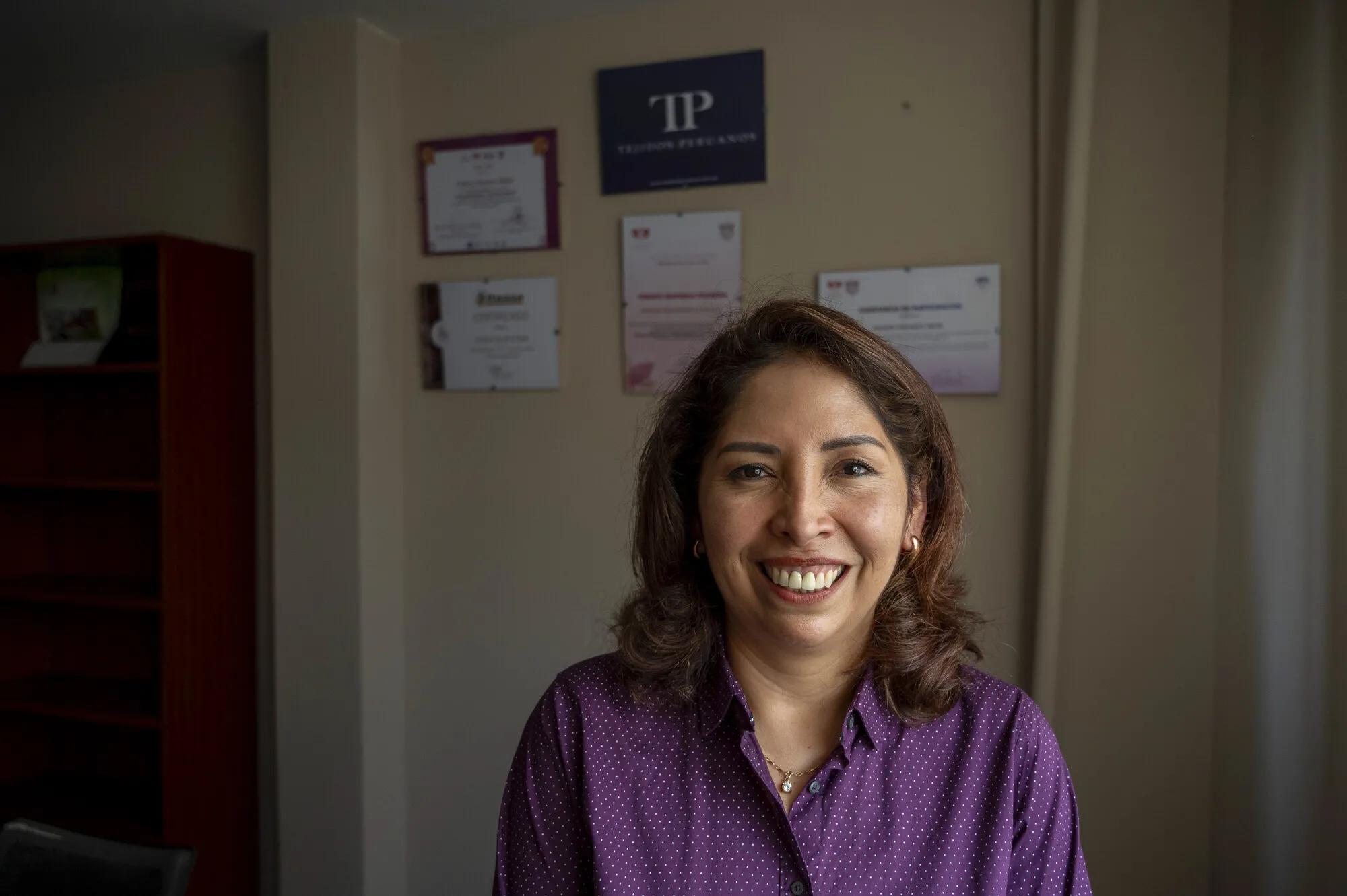Despite early success, she had to lean on her husband for loans to expand the business as she was denied formal loans in her own name.
Along the way, Violeta got involved with CARE’s Ignite program and is now in the Strive Women program, both supported by the Mastercard Center for Inclusive Growth. This program provided training in business and finance, while providing marketing opportunities and paving the way for the next step.
Four months ago, after 18 years in a growing business, she finally got a loan in her own name to expand.
“Today it is me, Violeta Pacheco, who can access a loan at the bank,” she says proudly.
According to the UN, micro, small, and medium enterprises account for 90 percent of businesses, 60 to 70 percent of employment, and 50 percent of Gross Domestic Product worldwide.
Yet, the total micro, small, or medium enterprise finance gap for women is estimated to be valued at $1.7 trillion, according to World Economic Forum research. Yet women entrepreneurs own 22 percent of micro-enterprises and 32 percent of small and medium enterprises.
Clearly, initiatives like savings groups and the Strive Women program are important, but must be expanded to reach the 2.4 billion women worldwide who lack the same economic rights as men.
Success vs. old-fashioned attitudes
Hildred Calle Barrientos in Marangani, Peru is not just a small-business owner, but the third generation in her enterprise. Hildred, 32, has now taken over Margaritas de Maranganí, her mother and grandmother’s textile business, which uses ancient methods of textile weaving with alpaca to make designs representative of their region, in the Andes mountains.

